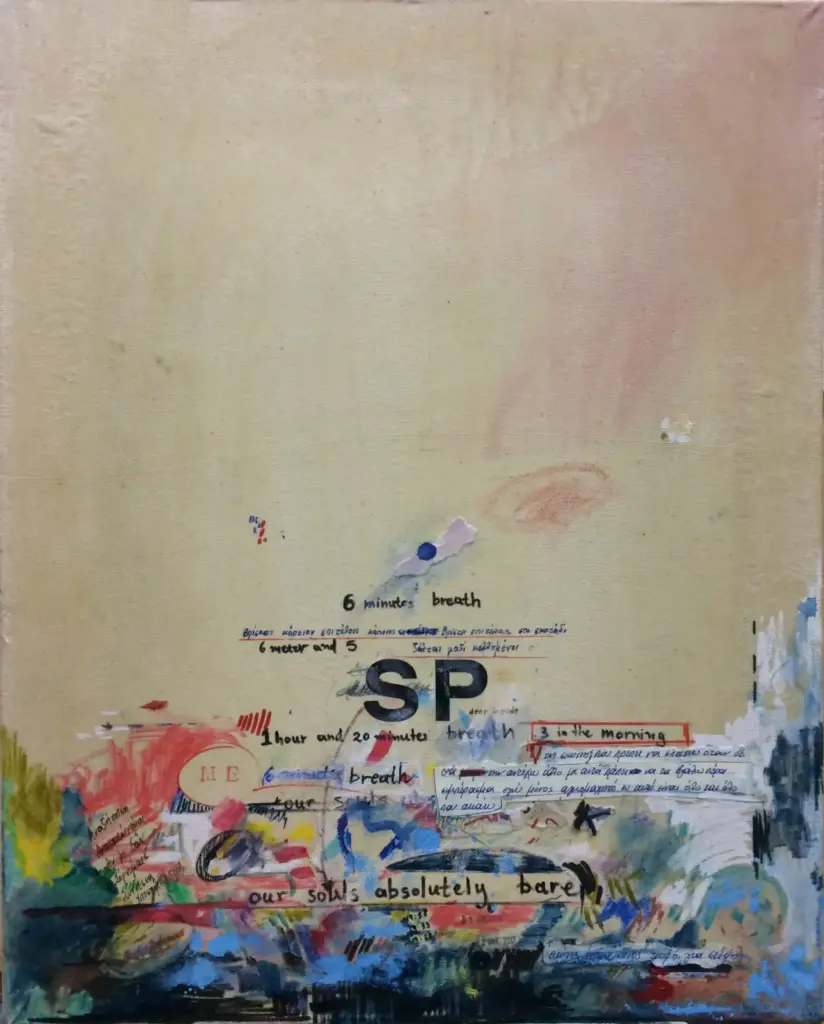
Creativity.
Fueling Tomorrow's Vision with Today's Imagination
Inspiration
Igniting Minds, Illuminating Paths
Art
Elevating Life Through the Stroke of Creation
“Who dreamt
and made incarnate gaps in Time & Space
through images juxtaposed,
and trapped the archangel of the soul between 2 visual images
and joined the elemental verbs and set the noun
and dash of consciousness together
jumping with sensation of Pater Omnipotens Aeterna Deus
to recreate the syntax and measure of poor human
prose and stand before you speechless and intelligent and shaking with shame”
Allen Ginsberg, Howl and Other Poems
